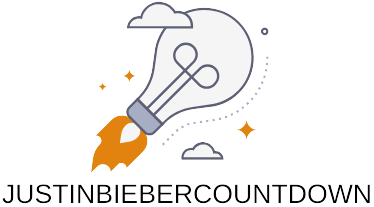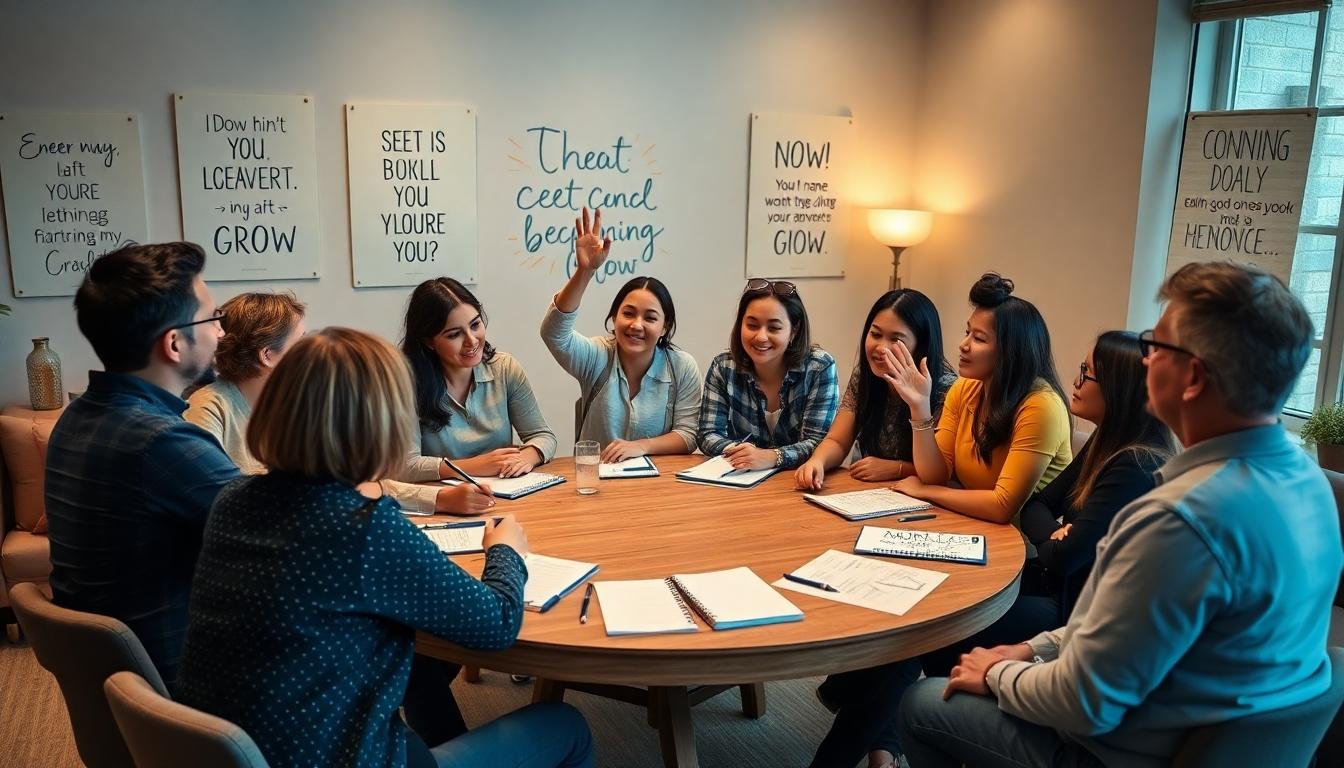Table of Contents
ToggleIn a world that often celebrates instant gratification, the mastery mindset stands out like a unicorn at a dog show. It’s not just about getting things done; it’s about diving deep into the ocean of knowledge, emerging with pearls of wisdom. This mindset transforms challenges into stepping stones and failures into fuel for growth.
Mastery Mindset Definition
The mastery mindset signifies a commitment to lifelong learning and personal development. Individuals adopting this mindset prioritize mastery over immediate success, recognizing that skill and knowledge grow through persistence. Emphasis rests on understanding subjects deeply rather than merely achieving superficial results.
This mindset thrives on the concept of effort and resilience. People with a mastery mindset view challenges as opportunities for growth, displaying a strong willingness to engage with difficulties. When faced with setbacks, they analyze failures to derive valuable lessons, thus transforming obstacles into stepping stones.
A key characteristic of a mastery mindset includes the belief in the power of practice. Consistent practice leads to gradual improvement, reinforcing the idea that expertise is attainable through dedication. Additionally, these individuals often seek constructive feedback, understanding that it accelerates learning and development.
They also embrace curiosity as a vital component of their journey. Curiosity drives exploration and a desire to understand the intricacies of various fields. As a result, those with a mastery mindset continually expand their skill sets, pushing beyond initial limits and striving for excellence.
Furthermore, patience plays a critical role in this approach. Mastery isn’t achieved overnight; it requires time and commitment. Individuals embodying this mindset remain focused on long-term goals while appreciating the incremental progress made along the way. This sustained effort leads to deeper competency in chosen areas.
Through nurturing a mastery mindset, one cultivates a richer understanding and develops a resilient approach towards both successes and failures, creating a pathway for substantial personal and professional growth.
Key Characteristics of Mastery Mindset

Mastery mindset encompasses several defining traits that distinguish it from other approaches to learning and growth. These characteristics foster an environment conducive to long-term success and personal development.
Growth-Oriented Thinking
Individuals with a mastery mindset adopt growth-oriented thinking. This perspective embraces the belief that abilities can improve through effort and dedication. Challenges become opportunities for development rather than obstacles. When setbacks occur, they serve as moments for reflection and learning. A focus on progress motivates continuous skill enhancement. Failure transforms into a stepping stone rather than a stopping point. Search for new strategies and techniques fosters innovation. Over time, growth-oriented thinkers develop a deeper competence in their areas of interest.
Resilience in the Face of Challenges
Resilience plays a crucial role in the mastery mindset. When confronted with challenges, those with this mindset demonstrate perseverance. They understand that setbacks are inherent to the learning process. Rather than becoming discouraged, they extract lessons from their experiences. A strong commitment to improvement encourages them to keep pushing forward. This tenacity helps individuals grow stronger and more adept over time. Each challenge faced enhances their resilience and ultimately leads to greater mastery. Learning becomes an engaging journey, filled with both ups and downs.
Benefits of Adopting a Mastery Mindset
A mastery mindset offers significant advantages across various aspects of personal and professional growth. Individuals who adopt this approach experience enhanced learning and skill development.
Enhanced Learning and Skill Development
Engagement in continuous learning drives individuals toward deep mastery of their chosen fields. This mindset encourages consistent practice, leading to significant skill improvements. Through persistent effort, individuals identify areas requiring growth. Seeking feedback becomes an integral part of their development process, resulting in greater knowledge retention and understanding. They embrace challenges, transforming them into opportunities to refine their skills further. This dedication to lifelong learning ultimately fosters a sense of confidence and competence in their abilities.
Improved Problem-Solving Abilities
Improved problem-solving capabilities arise naturally for individuals with a mastery mindset. They view obstacles as chances to innovate rather than setbacks. An analytical approach leads to a deeper understanding of issues, allowing for creative solutions. Individuals reflect on past experiences to inform their decision-making. They cultivate resilience through trial and error, learning from both successes and failures. A commitment to finding solutions encourages collaboration, as they often seek diverse perspectives to enhance their problem-solving process. Overall, individuals equipped with a mastery mindset navigate challenges more effectively, resulting in better outcomes in both personal and professional contexts.
How to Cultivate a Mastery Mindset
Cultivating a mastery mindset involves intentional practices and attitudes that promote growth and resilience. Here are some key strategies.
Setting Specific Goals
Clear, specific goals provide direction for skill development. Individuals should establish short-term and long-term objectives that challenge their abilities. Setting measurable goals allows for tracking progress, motivating sustained effort. For instance, aspiring musicians might aim to master a particular piece within a month. Such defined targets encourage focus and create a sense of achievement as individuals reach milestones. Overall, structured goals guide practice toward meaningful improvement while fostering commitment to the learning process.
Embracing Feedback and Criticism
Constructive feedback is essential for growth. Individuals must actively seek inputs from mentors, peers, or coaches to refine their skills. When criticism is received positively, it opens opportunities for reflection and adjustment. Embracing feedback allows individuals to identify blind spots, helping them understand areas needing improvement. Taking specific suggestions into account can lead to enhanced performance over time. Adopting a mindset that views critique as a tool rather than a setback encourages ongoing development and strengthens overall competence.
Embracing a mastery mindset is essential for anyone seeking personal and professional growth. This approach encourages individuals to view challenges as opportunities and fosters a culture of continuous learning. By prioritizing effort and resilience over immediate success, they unlock their potential and enhance their skills.
Adopting a mastery mindset not only improves problem-solving abilities but also cultivates a deeper understanding of their field. With a focus on setting clear goals and actively seeking feedback, individuals can navigate their learning journey with confidence. Ultimately, this mindset transforms obstacles into stepping stones, leading to lasting mastery and fulfillment.






